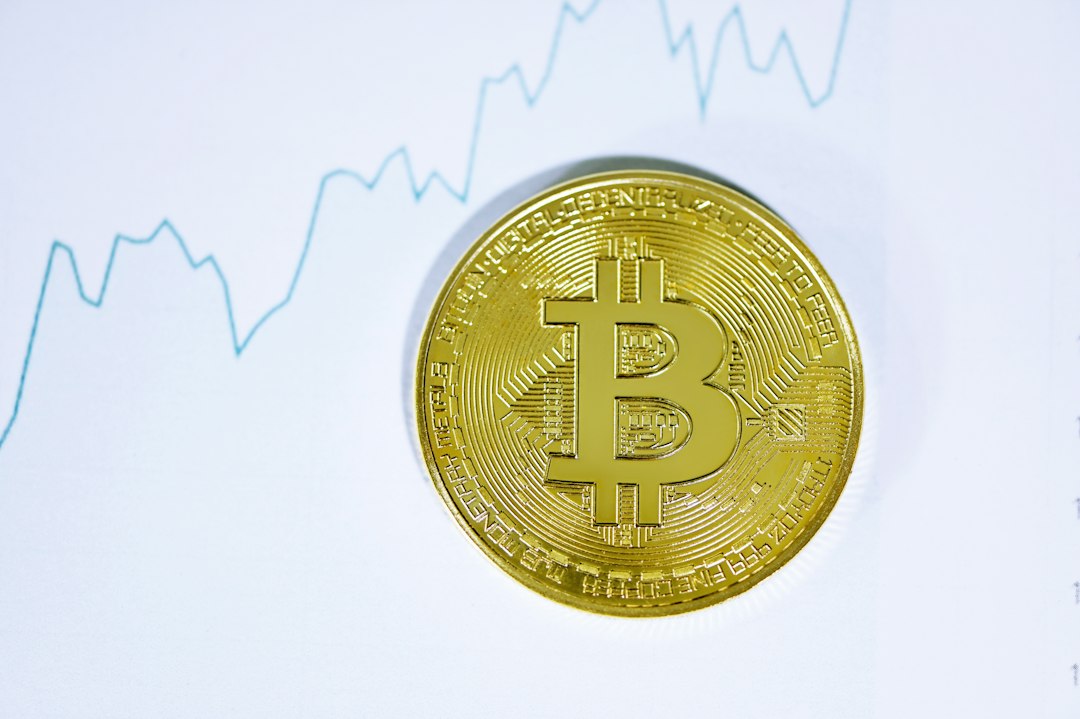Binance Faces SEC Lawsuit in Court
Binance, the world’s largest cryptocurrency exchange, appeared in court on Monday to seek the dismissal of a lawsuit filed against it by the Securities and Exchange Commission (SEC). Both parties were questioned by Judge Amy Berman Jackson regarding whether certain cryptocurrencies should be considered securities and subject to SEC regulations.
Judge Questions Howey Test
During the hearing, Judge Jackson pressed both sides about whether BNB, BUSD, and other assets traded on Binance meet the criteria of the Howey test – a set of parameters used by the SEC to determine if an asset is a security or not.
SEC Accuses Binance of Misconduct
The SEC sued Binance Holdings and its former CEO Changpeng Zhao in June, alleging that the exchange lied to customers, failed to restrict U.S. investors, misdirected capital, and operated as an unregistered exchange. The SEC also claimed that 12 tokens on Binance, including BNB and BUSD, were securities.
Secondary Market Debate
The hearing also addressed whether sales of tokens on the secondary market should be treated the same as primary token sales. Binance argued that secondary sales on their platform do not meet the criteria for the Howey test. However, the SEC argued that if a token exhibits qualities of a security, those qualities extend to all sales.
Major Questions Doctrine
Binance invoked the major questions doctrine, which states that agencies must have clear congressional authorization when deciding issues of national significance. Binance claimed that if the SEC’s interpretation prevailed, it could expand its power over any appreciating asset. Judge Jackson expressed skepticism about applying this doctrine to the case.
Hot Take: Uncertainty Surrounds Binance’s Legal Battle
The court hearing between Binance and the SEC raises important questions about the classification of cryptocurrencies as securities. The outcome of this case could have significant implications for the crypto industry as a whole. While Binance argues against being labeled a security, the SEC maintains that its actions violated regulations. It remains to be seen how the court will rule on this matter and whether it will provide clarity on the regulatory landscape for crypto exchanges.





 By
By

 By
By

 By
By
 By
By